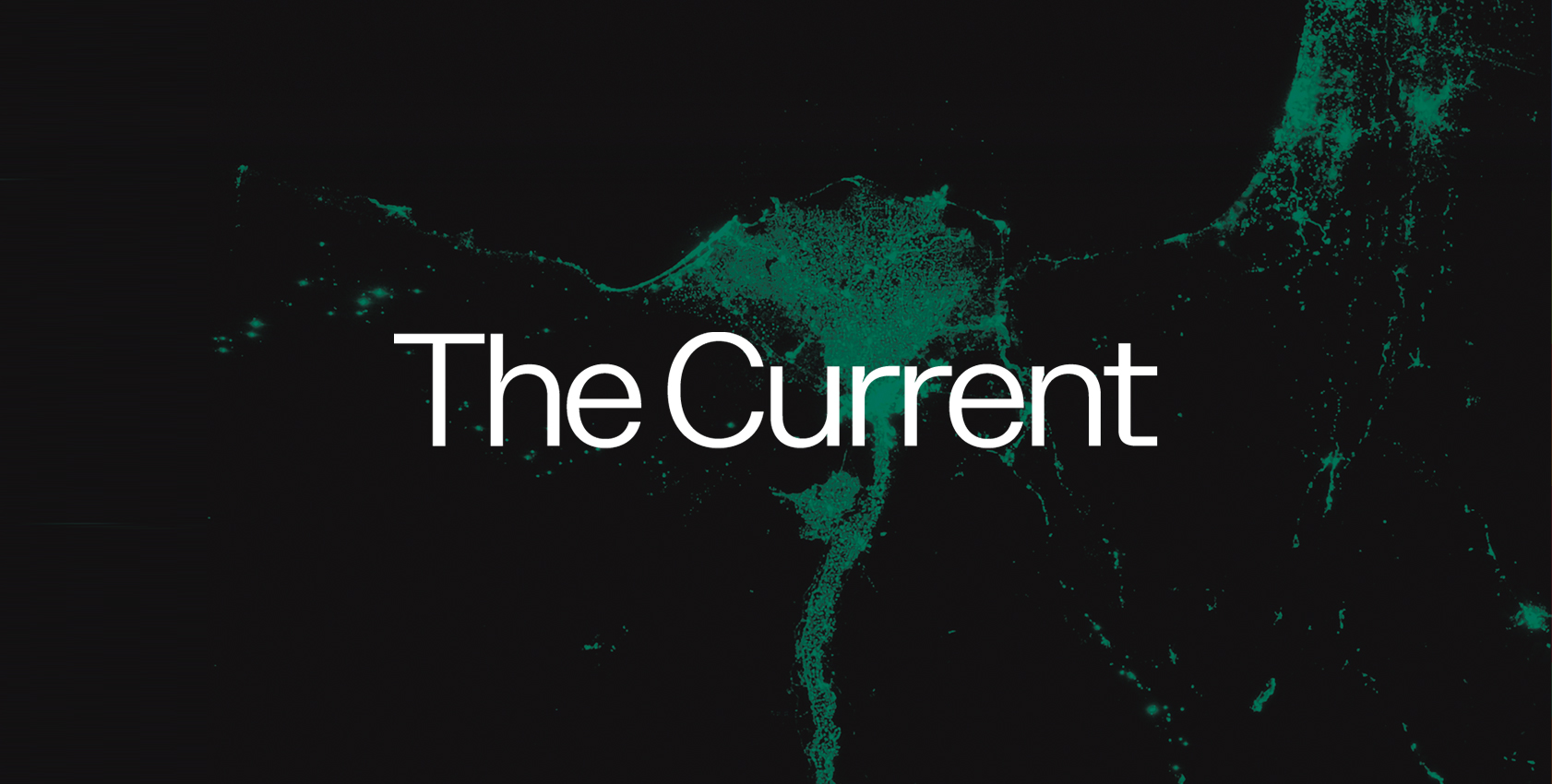Government-mandated internet shutdowns are a devastating issue that demand global attention. Millions of people across the world have lived through almost 850 intentional blackouts over the last decade — it’s time to shine a light on the elements and impacts of this dangerous method of censorship and control.
With support from the #KeepItOn coalition, Jigsaw, a unit within Google that explores threats to open societies, is today publishing The Current: The Internet Shutdowns Issue, a deep-dive into the complexity of internet shutdowns — from breaking down various methods of blocking, to sharing voices from the dark, to exploring avenues for advocacy.
“The more we expose the destruction internet shutdowns cause, the more we can direct that outrage towards stamping them out for good,” said Felicia Anthonio, Campaigner and #KeepItOn Lead at Access Now. “The #KeepItOn coalition joined up with Jigsaw because we want the world to know that internet shutdowns are not inevitable — they are a bad choice, implemented by bad actors who are afraid of being challenged, exposed, or ousted.”
The Internet Shutdowns Issue unpacks and explores:
- The impacts of real-life shutdown cases from Ecuador, to Sudan, to Papua and West Papua in Indonesia, and the personal stories of those affected in places such as Iraq, Ethiopia, and Cox’s Bazar refugee camp in Bangladesh;
- Primary methods of internet shutdowns including throttling, IP blocking, mobile data shutoffs, and deep packet inspection (DPI);
- Long-lasting impacts such as obstructing educations — especially throughout COVID-19 when more students than ever were forced online — endangering lives by blocking access to vital health information in Myanmar and India, and silencing dissent during elections in Uganda; and
- Countermeasures like tracking outages, the use of virtual private networks (VPNs), legal processes, and actions by the #KeepItOn coalition that are exposing, mitigating, and preventing internet shutdowns.
“As people live more of their lives online, the ability of a government to effectively cut off access to the rest of the world represents a grave threat to people’s safety, freedom, and well-being,” said Scott Carpenter, Jigsaw’s Director of Policy and International Engagement. “The idea that the internet should be universally accessible should serve as a rallying cry for democracies everywhere.”
Read The Current: The Internet Shutdowns Issue.
